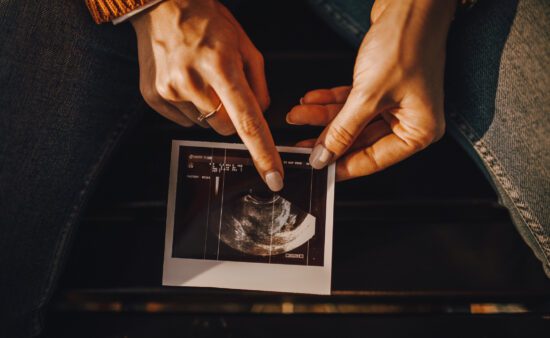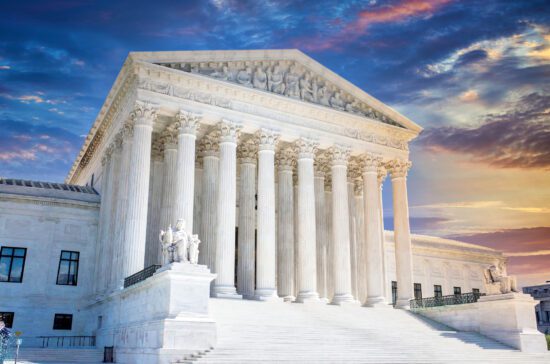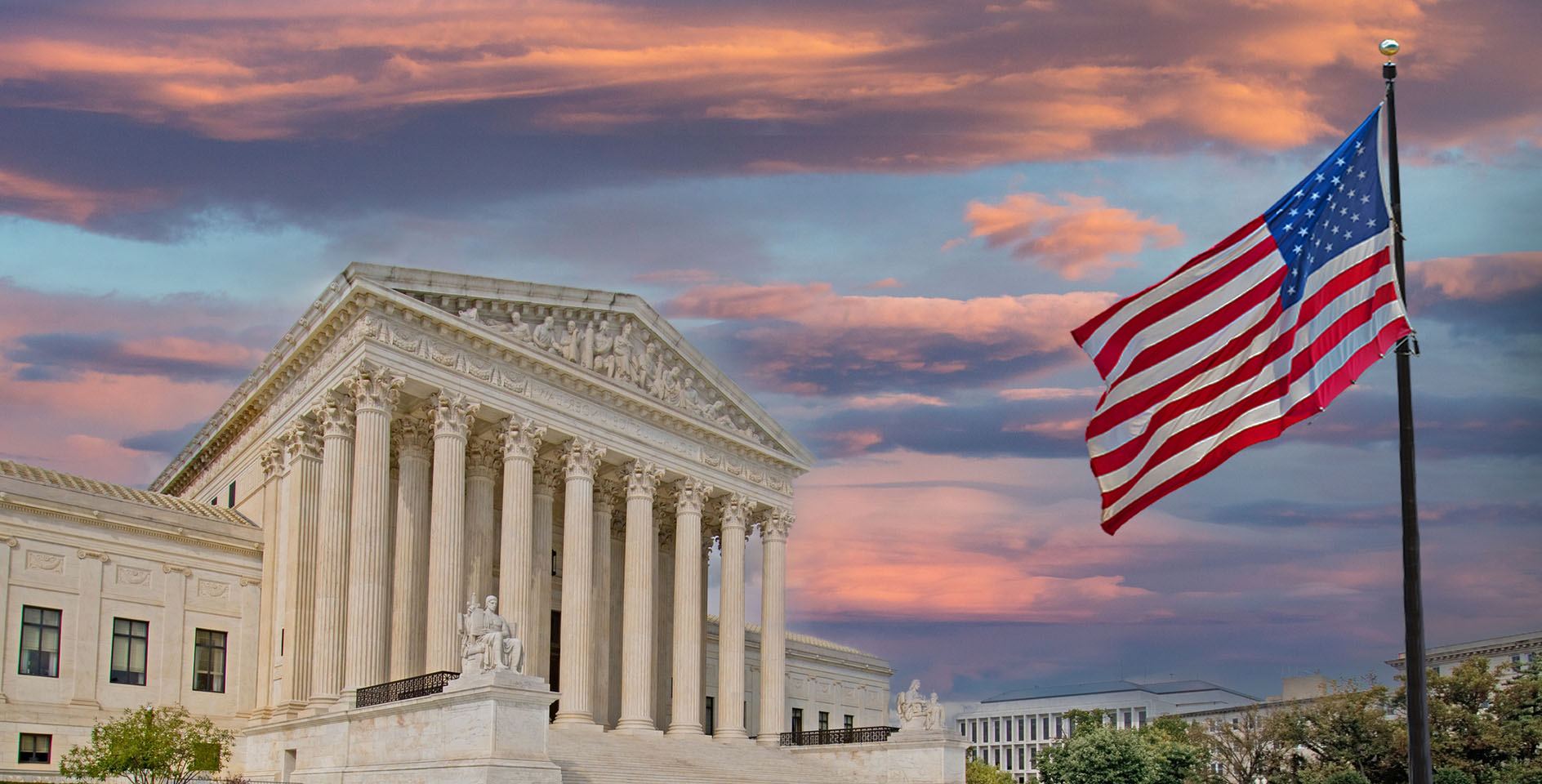On Jan. 5, 2023, the Department of Health and Human Services (HHS) issued a proposed rule that would rescind and modify much of a 2019 Trump-era rule that expanded conscience protections for healthcare providers. Following the announcement, HHS allowed 60 days for organizations and individuals to comment with concerns. As that comment period closed Monday, HHS is obligated to respond to each of these comments before putting forward a finalized rule. The ERLC filed comments outlining our opposition to the change.
What does this rule do?
At its most basic level, this action by HHS is an attempt to overturn the wide ranging and strongly enforced conscience protections issued under the Trump administration. In 2019, President Trump issued regulations that covered all HHS laws protecting conscience. These regulations were enjoined in three federal courts before being fully implemented. That litigation is now on hold as the plaintiffs wait for President Biden’s new regulations. Because of that enjoinment, HHS is currently operating under a 2011 Obama-era rule.
The 2019 regulations covered all HHS laws protecting conscience and had clear enforcement measures. This means that HHS was required to investigate complaints, and if a violation was found, to take appropriate action. There were clear remedies spelled out for violations and also clearly defined penalties.
Significant changes: The new rule proposed by the Biden administration makes several significant changes. First, it should be noted that this new rule maintains recognition of all the conscience protections that were mentioned in the Trump administration law. However, where the 2019 regulations required enforcement and investigation, this new regulation does not. Further, it removes definitions of discrimination and explanation, which are necessary for those who wish to lodge a complaint.
What it means: Thus, an individual may file a complaint that their conscience rights have been violated because they were, for example, forced to participate in a sex-reassignment surgery or an abortion procedure, but the Office of Civil Rights (OCR) within HHS is not required to actually act on that complaint and investigate. Further, because the definitions of discrimination have been gutted, individuals have a weaker case because they cannot point to specific ways in which they were targeted.
Why is it problematic?
The regulations were written under the guise of balancing the rights of conscience protection and those of ensuring access to “health care” (a euphemism for abortion access and SOGI procedures).
The problem is that the new regulation does not balance so much as tilt the scales toward the preferred position of the Biden administration. If individuals have no ability to seek resolution or accommodation for a violation of their rights, then they are compelled to provide these services or leave their jobs. That is not balance.
If the Biden administration truly cares about balancing these rights (though they ought not be in tension), then it must recognize that there will be individuals and organizations who will choose not to participate in or provide the services mentioned above, even as others do.
However, on a principle level, the actions of the Biden administration in issuing new HHS regulations overstep a fundamental limit of the authority of the government. We have long recognized as a society the rights of individuals to not violate their consciences by providing medical procedures that run afoul of historic and reasonable religious objections. Southern Baptists have rejected this sort of government coercion and spoken clearly in their resolutions, decrying the actions of a government seeking to trample the consciences of faithful Christians serving in healthcare industries.
How has the ERLC responded?
The ERLC has submitted public comments laying out these concerns with the proposed rule and urging HHS to reconsider making these changes. As the Baptist Faith and Message states, “God alone is Lord of the conscience.” It is imperative that Southern Baptists and other people of faith who work as healthcare professionals be allowed to continue serving their communities without compromising their deeply held beliefs.
The ERLC will continue to monitor these changes and look for additional opportunities to raise our concerns and advocate for the protection of religious liberty.










